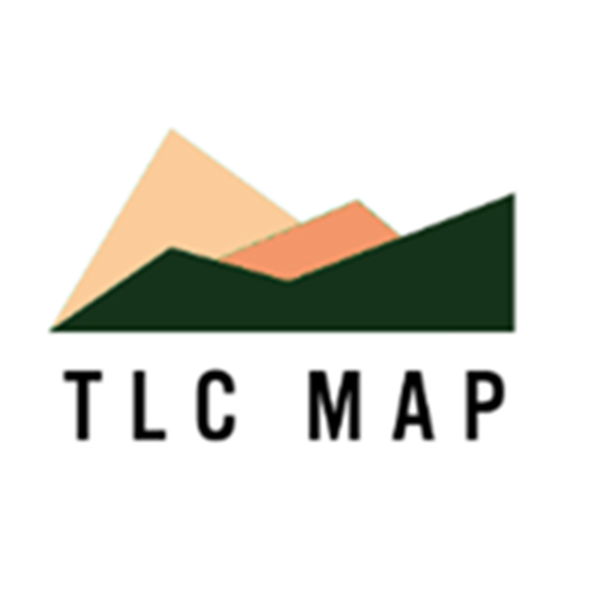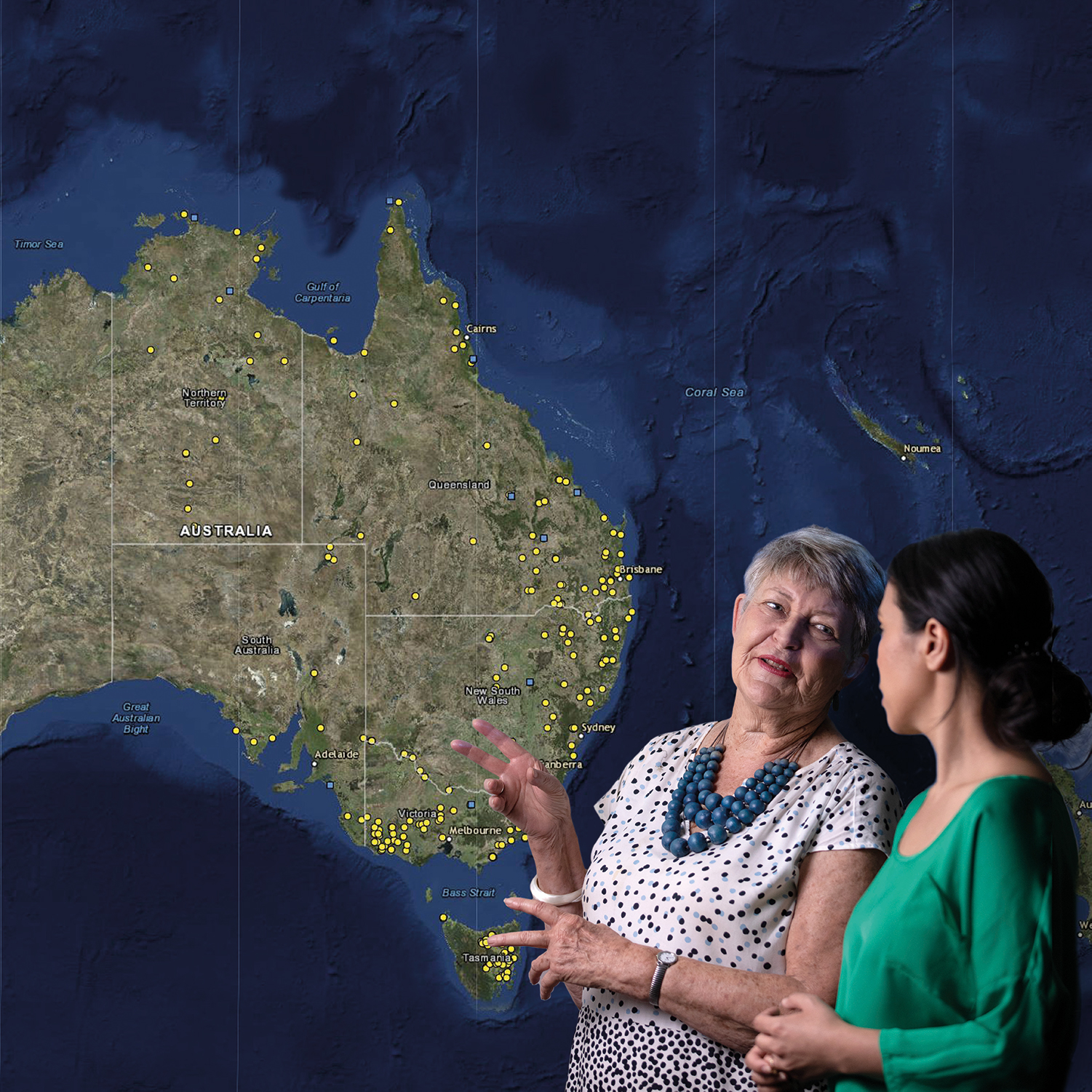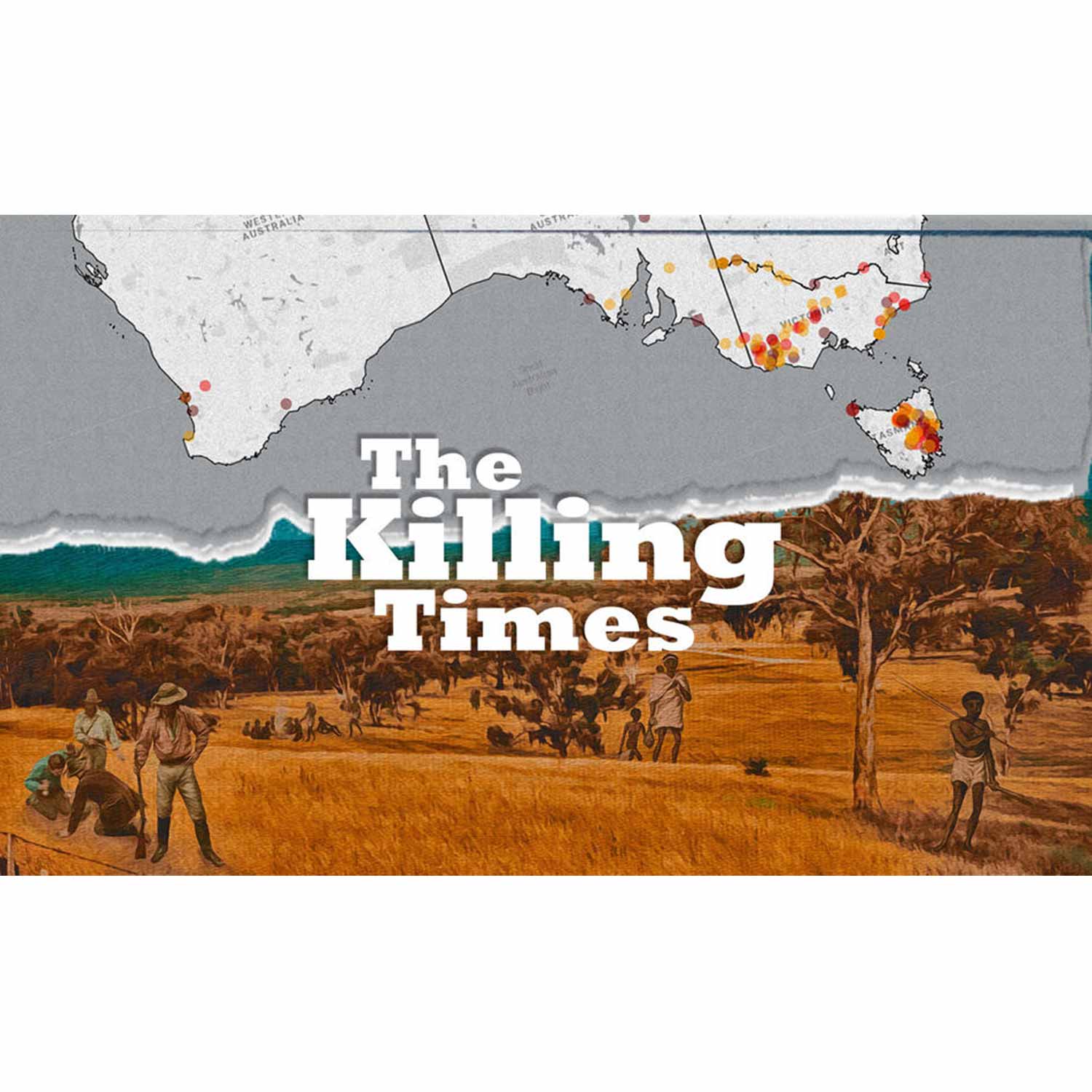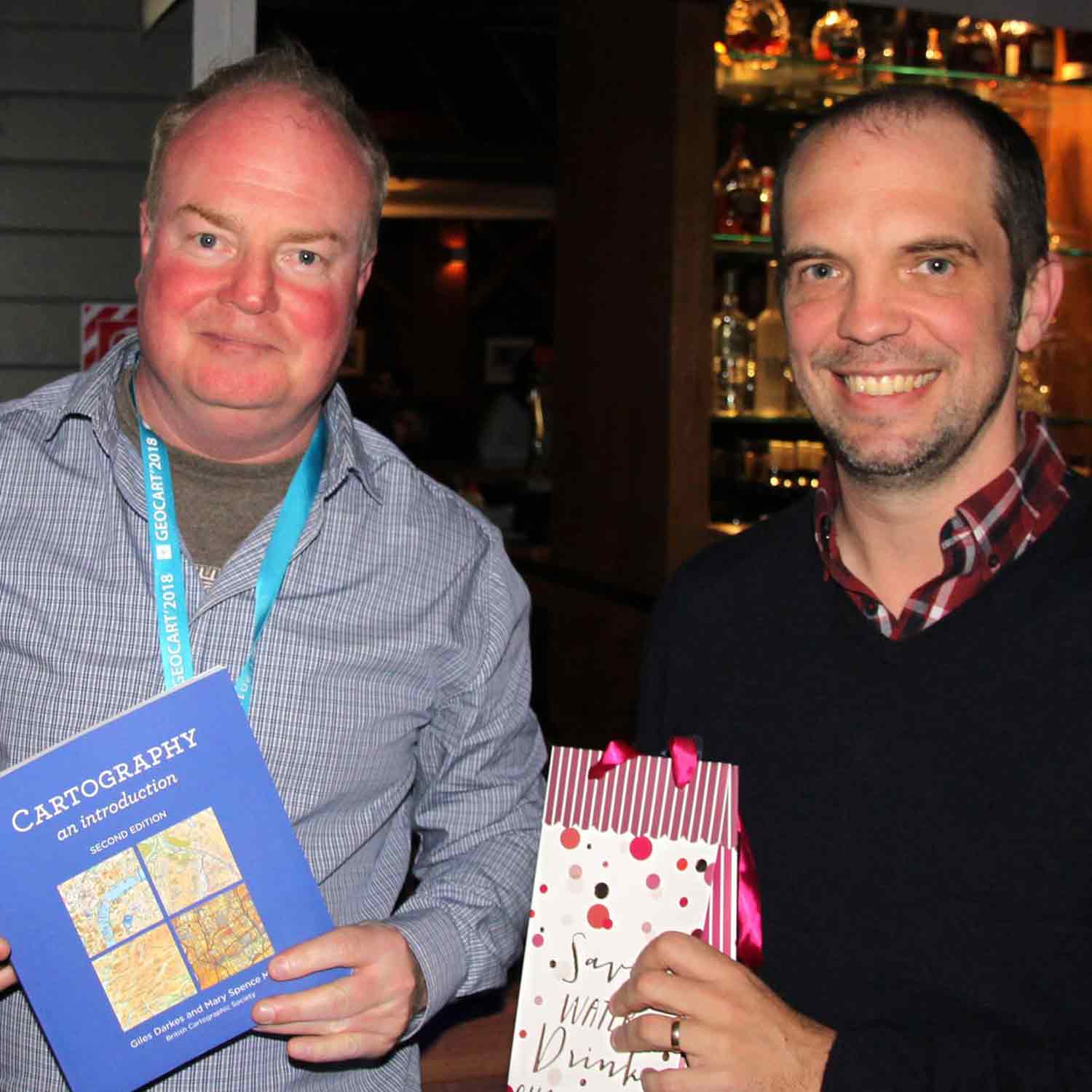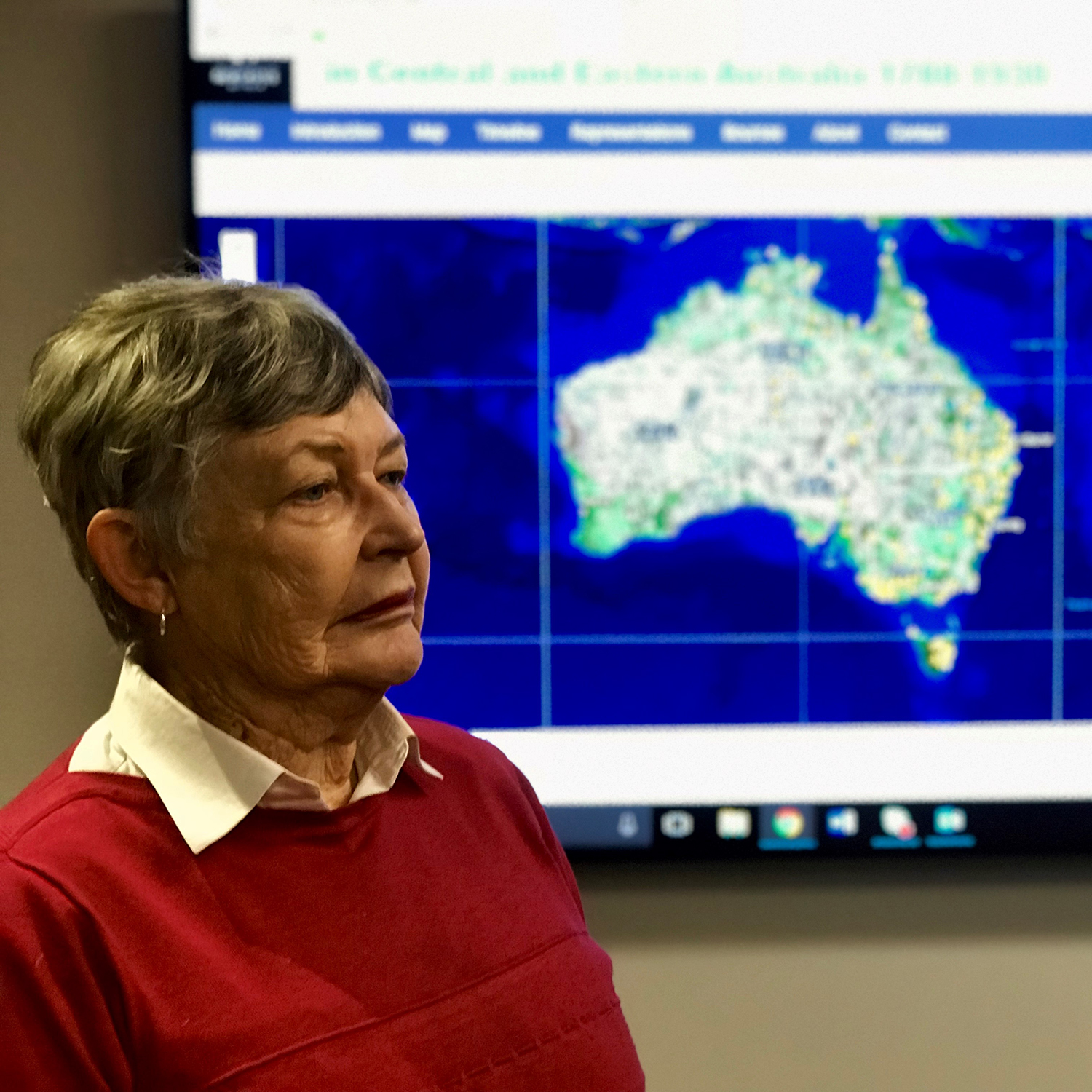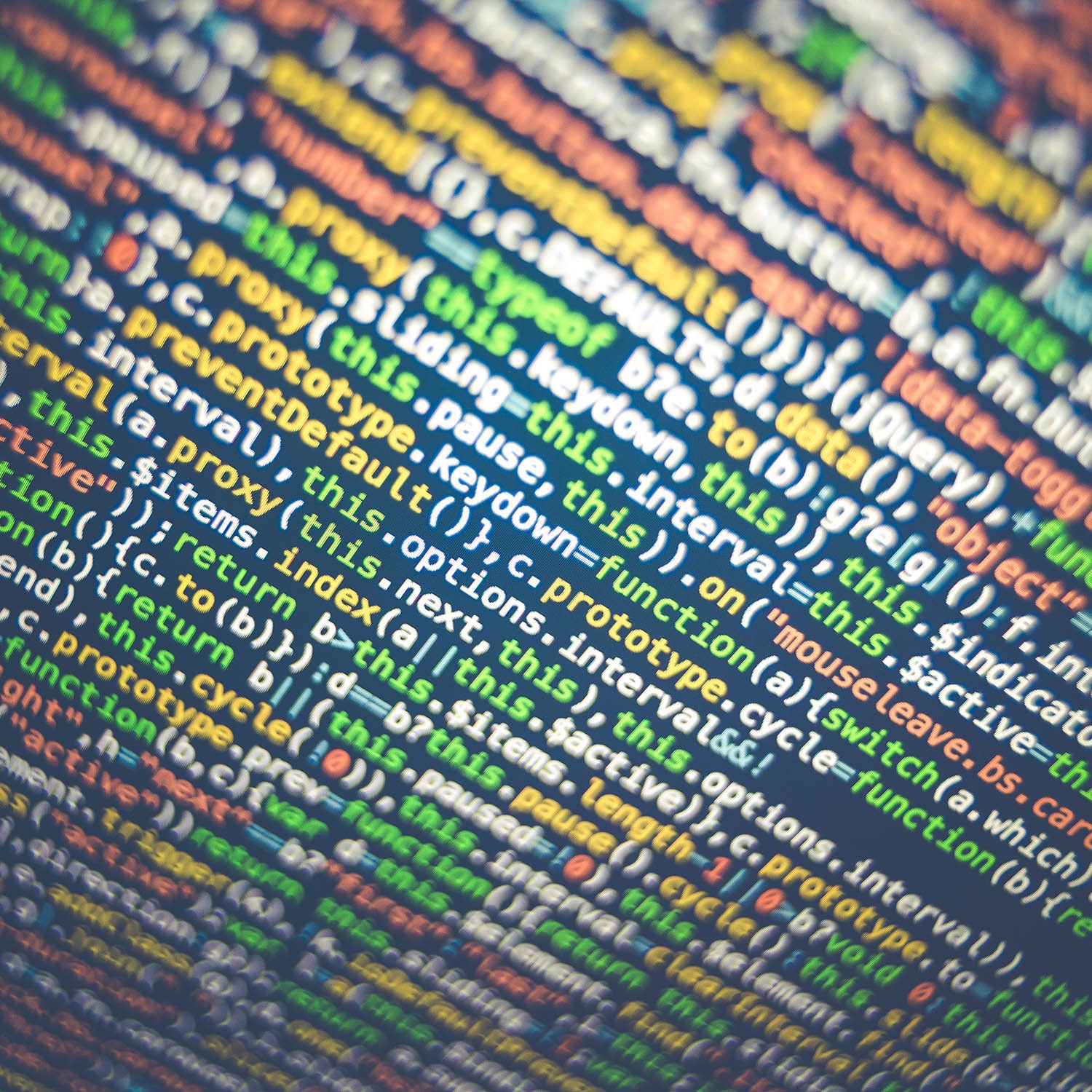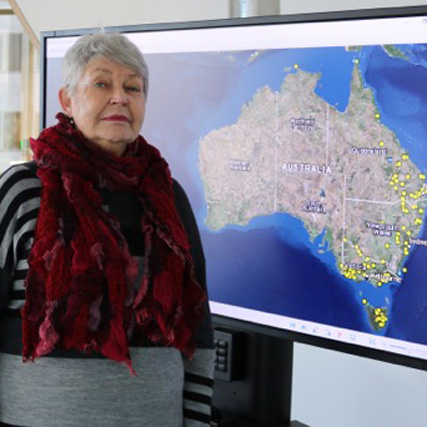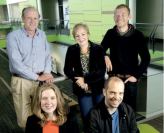
Dr Bill Pascoe
Postdoctoral Research Associate
Office PVC - Human and Social Futures
Career Summary
Biography
Qualifications
- Doctor of Philosophy, University of Newcastle
- Bachelor of Arts (Honours), University of Newcastle
Keywords
- Digital Humanities
- Humanities
- IT Project Management
- Literature
- Mapping
- Philosophy
- Semiotics
- Software Development
- Visualisation
- Web Development
- Writing
- eResearch
Awards
Prize
| Year | Award |
|---|---|
| 2018 |
Geocart 2018 Award For Best Digital Map Australian and New Zealand Map Society Incorporated |
Invitations
Speaker
| Year | Title / Rationale |
|---|---|
| 2018 | Miss Porter's House Fundraising Dinner |
| 2018 |
Technology and Ethics Workshop on ethics and technology for software developers. |
Publications
For publications that are currently unpublished or in-press, details are shown in italics.
Book (2 outputs)
| Year | Citation | Altmetrics | Link |
|---|---|---|---|
| 2016 | Paseko K, Ordinary Things, Lulu.com, 234 (2016) | ||
| 1999 | Homeric Hymns: A Project In Creation, Department of Classics, University of Sydney, Sydney (1999) |
Journal article (2 outputs)
| Year | Citation | Altmetrics | Link | ||||||||
|---|---|---|---|---|---|---|---|---|---|---|---|
| 2022 |
Palmer B, Hoffmann D, Blythe J, Gaby A, Pascoe B, Ponsonnet M, 'Frames of spatial reference in five Australian languages', Spatial Cognition and Computation, 22 225-263 (2022) [C1] Australian Indigenous languages are widely cited as depending overwhelmingly on abstract cardinal terms for spatial reference. However, considerable under-recognized diversity exi... [more] Australian Indigenous languages are widely cited as depending overwhelmingly on abstract cardinal terms for spatial reference. However, considerable under-recognized diversity exists, with systems invoking aspects of local topography or egocentric projections. The first step toward an empirically grounded understanding of the wider implications of Australian spatial reference systems is to establish what components of spatial systems actually occur in what combinations across the continent. This article examines the spatial systems of five Australian languages to test hypotheses about the role of the environment in shaping linguistic representations of space, revealing under-recognized aspects of Australian systems, including the use of egocentric (¿relative¿) reference frame but only on the sagittal axis; a nearside-farside system; and multiple systems invoking diverse salient environmental features.
|
Nova | |||||||||
| 2019 |
Rios AC, Capaldo BD, Vaillant F, Pal B, van Ineveld R, Dawson CA, et al., 'Intraclonal Plasticity in Mammary Tumors Revealed through Large-Scale Single-Cell Resolution 3D Imaging', CANCER CELL, 35 618-+ (2019)
|
||||||||||
Conference (4 outputs)
| Year | Citation | Altmetrics | Link | ||||
|---|---|---|---|---|---|---|---|
| 2020 |
Arthur PL, Champion E, Craig H, Gu N, Harvey M, Haskins V, et al., 'Time-layered cultural map of Australia', CEUR Workshop Proceedings (2020) [E1] This paper reports on an Australian project that is developing an online system to deliver researcher-driven national-scale infrastructure for the humanities, focused on mapping, ... [more] This paper reports on an Australian project that is developing an online system to deliver researcher-driven national-scale infrastructure for the humanities, focused on mapping, time series, and data integration. Australian scholars and scholars of Australia worldwide are well served with digital resources and tools to deepen the understanding of Australia and its historical and cultural heritage. There are, however, significant barriers to use. The Time Layered Cultural Map of Australia (TLCMap) will provide an umbrella infrastructure related to time and space, helping to activate and draw together existing high-quality resources. TLCMap expands the use of Australian cultural and historical data for research through sharply defined and powerful discovery mechanisms. See https://tlcmap.newcastle.edu.au/.
|
Nova | |||||
| 2018 | Pascoe WD, Brown M, 'Mapping Colonial Frontier Massacres in Eastern Australia 1788-1872', Wellington, NZ (2018) | ||||||
| 2018 | Pascoe WD, 'Rapid Bricolage', Mexico City (2018) | ||||||
| Show 1 more conference | |||||||
Software / Code (1 outputs)
| Year | Citation | Altmetrics | Link |
|---|---|---|---|
| 2015 | Pascoe WD, Whipp R, Ralston M, Eliott J, Johnson J, 'Intelligent Archive', 2.1 (2015) |
Creative Work (1 outputs)
| Year | Citation | Altmetrics | Link |
|---|---|---|---|
| 2018 | Pascoe WD, Kaspar P, A Sparrow At The Carwash (2018) |
Other (3 outputs)
| Year | Citation | Altmetrics | Link | ||
|---|---|---|---|---|---|
| 2017 |
Ryan Lyndall, Debenham Jennifer, Pascoe William, Brown Mark, 'Colonial Frontier Massacres in Eastern Australia 1788-1872', (2017)
|
||||
| 2017 |
Smith R, Pender P, Pascoe WD, 'Material Cultures of Early Modern Women's Writing Digital Archive', . Newcastle: Center For 21st Century Humanities (2017)
|
||||
| 2015 | Pascoe WD, 'Intro To Code', . Newcastle: Centre For 21st Century Humanities (2015) |
Presentation (2 outputs)
| Year | Citation | Altmetrics | Link |
|---|---|---|---|
| 2017 | Pascoe WD, 'Web Mapping Colonial Frontier Massacres', (2017) | ||
| 2015 | Pascoe WD, 'Literary Style Workshop', (2015) |
Thesis / Dissertation (1 outputs)
| Year | Citation | Altmetrics | Link |
|---|---|---|---|
| 2015 | Pascoe WD, The Strange Potential Of Ordinary Things, University of Newcastle (2015) |
Research Projects
Colonial Frontier Massacres In Australia 2017 -
Mapping massacres on the Australian Colonial Frontier, 1788 to 1960.
ELDTA maps, archives and applications 2017 -
Web maps, archives and applications for linguistics and endangered languages.
Early Modern Women's Research Network Digital Archive 2017 -
A web archive of interactive high resolutions scans, transcriptions and translations of Early Modern Women's Writing showcasing the diversity of early modern women's writing and publishing methods and highlighting material cultures.
Intelligent Archive 2010 -
Development of 'Intelligent Archive' stylometry software.
Edit
News
News • 2 Sep 2020
University of Newcastle firmly on the Map of Digital Humanities
The Time Layered Cultural Map of Australia (TLCMap) development team in the School of Humanities and Social Science is working on a major update following the delivery of a user testing report from Asymmetric Innovation.
News • 29 Nov 2019
University part of winning Walkley Award for coverage of Indigenous Affairs
The Killing Times, a collaboration between The Guardian Australia and the University of Newcastle’s Colonial Frontier Massacres research team has been awarded the 2019 Walkley Award for Coverage of Indigenous Affairs.
News • 18 Nov 2019
True extent of colonial frontier massacres revealed as new sites added to interactive map
The true extent of massacres on the colonial frontier of Australia has been revealed by researchers at the University of Newcastle. Around 97 per cent of people killed in these massacres were Aboriginal and Torres Strait Islander people.
News • 6 Sep 2019
Massacre map and Guardian Australia partnership project wins NSW Premier's History Award
The Killing Times awarded for its contribution to history and public debate.
News • 17 Sep 2018
Massacres map wins best digital map 2018
The Colonial Frontiers Massacres Map has won the best digital map award at the 2018 New Zealand Cartographic Society GeoCart Conference.
News • 27 Jul 2018
Massacres on Australia’s colonial frontier climb to 250
The number of Aboriginal and Torres Strait Islander massacres verified and recorded on an online digital map has risen to 240, following an influx of valuable information and evidence from regional communities around Australia.
News • 6 Oct 2017
Software success for UoN’s Early Modern Women Research Network
In an acknowledgment of UoN’s research leadership in the field of early modern women’s writing, the Early Modern Women Research Network (EMWRN) has been asked to share their digital archive software with leading Renaissance literature academics at Northwestern University, USA.
News • 1 Aug 2017
Bringing the Humanities into the digital age
The recent launch of the Colonial Frontier Massacres Map, an online tool which maps the Aboriginal massacres that occurred across colonial Australia, saw a huge influx of visitors to the Centre for 21st Century Humanities (C21CH) website to view the map.
News • 15 May 2014
Letters and numbers
The director of the Centre for Literary and Linguistic Computing at the University of Newcastle knows it's not every English scholar's cup of Twinings, but he does love his stats.
Dr Bill Pascoe
Position
Postdoctoral Research Associate
C21CH, CLLC, Virtual Biobank
Office PVC - Human and Social Futures
College of Human and Social Futures
Contact Details
| bill.pascoe@newcastle.edu.au | |
| Mobile | 0435 374 677 |
Office
| Room | 101 |
|---|---|
| Building | MC |
| Location | Callaghan University Drive Callaghan, NSW 2308 Australia |










